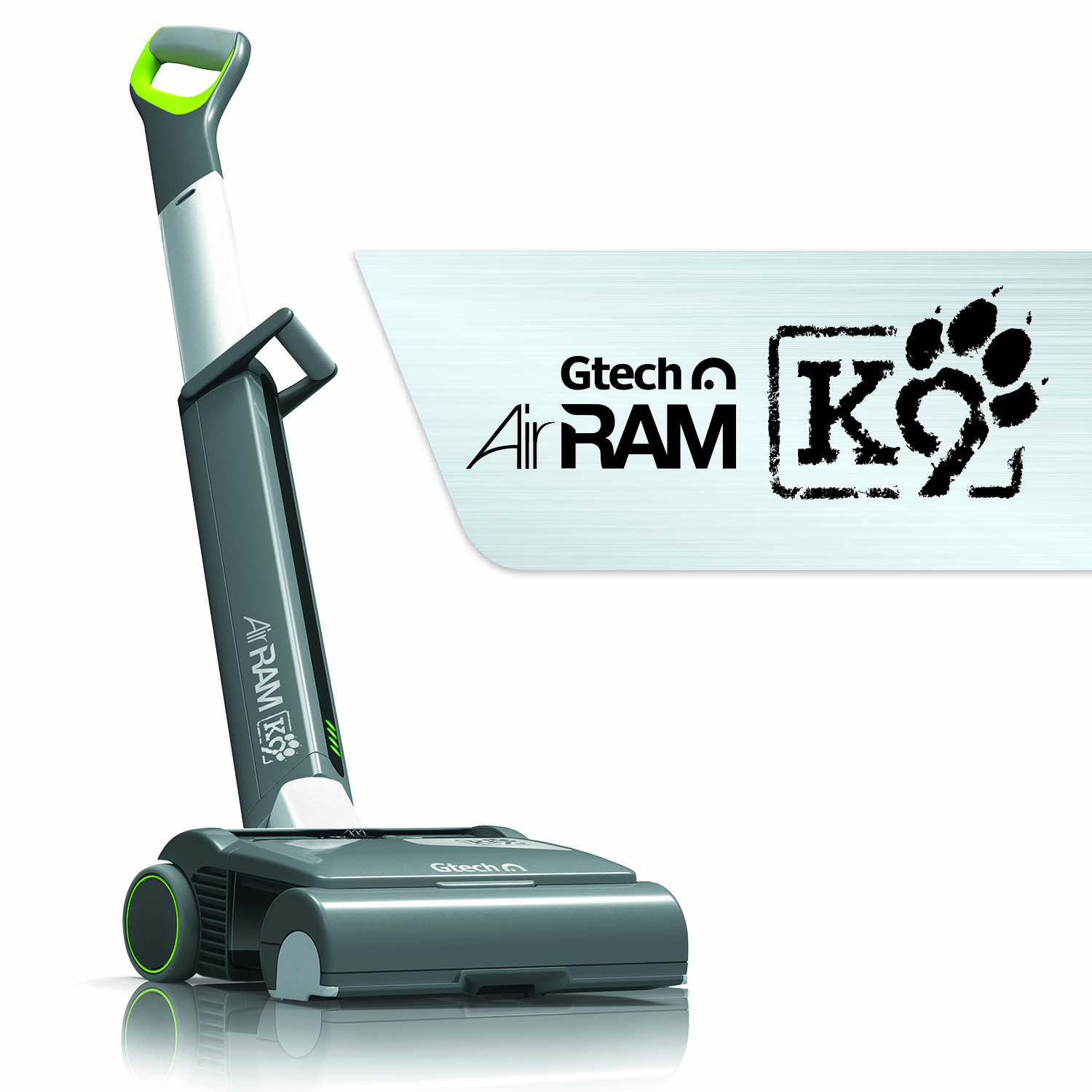A biotech firm has announced positive results in its attempts to treat dogs suffering with a condition that shares similar characteristics to in humans.
Ocata Therapeutics, Inc, a leader in the field of regenerative medicine, and its collaborators reported in the Regenerative Medicine journal that it has successfully used its proprietary hemangio-derived mesenchymal cell (HMCTM) technology to treat dogs with canine anal furunculosis (CAF), which shares many features with Crohn’s disease.

“This study provides the first evidence of the safety and therapeutic potential of human pluripotent stem cell-derived mesenchymal stem cells in a large animal model,” said Robert Lanza, M.D., Chief Scientific Officer of Ocata. “Canines have a physiology and sophisticated immune system that closely resembles that of humans, and canines are the only species that naturally develop symptoms and pathology similar to human fistulizing Crohn’s disease, including recurrent fistula activity, a difficult-to-treat manifestation of this chronic inflammatory bowel disorder. We treated six canines that were refractory to standard treatment, including cyclosporine therapy, and all of the canines were found to be completely free of fistulas at three months post-injection.”
Crohn’s disease (CD) is a chronic inflammatory bowel disorder that affects an estimated 1.0 to 1.3 million Americans. A combination of environmental and genetic factors is thought to lead to an autoimmune attack against cells of the gastrointestinal tract or associated microbial antigens. Affected regions of the GI tract vary from patient to patient and ulceration with cutaneous or recto-cutaneous fistulae within the perianal tissues is present in up to a third of CD patients. The most widely used treatments for CD-associated perianal fistulas include antibiotics and immune-suppressants such as azathioprine and cyclosporine, yet long-term use comes with serious adverse effects or potential reemergence of fistulas upon dose-lowering.
“Ocata has developed a mesenchymal stem cell population from its proprietary hESC-derived hemangioblasts called HMCs, which are a self-renewing source of starting material, capable of generating a significant supply of minimally expanded cells with potent immunomodulatory and therapeutic properties,” said Paul K. Wotton, President and CEO who added “This successful study, along with other work we have conducted, provides a unique platform that can potentially be used to target significant autoimmune related disorders with high unmet needs such as Crohn’s disease and Lupus Nephritis.”
Enter your email and never miss out on receiving our best articles:









